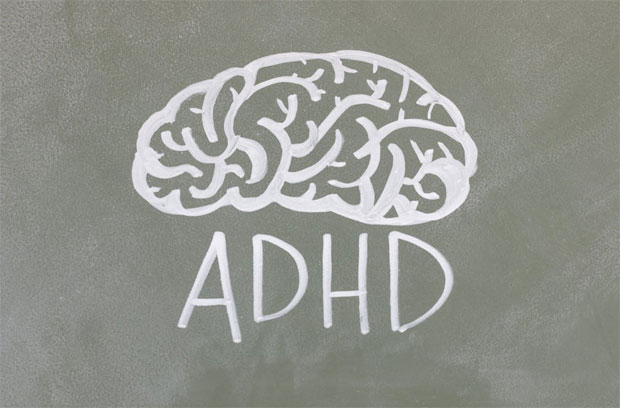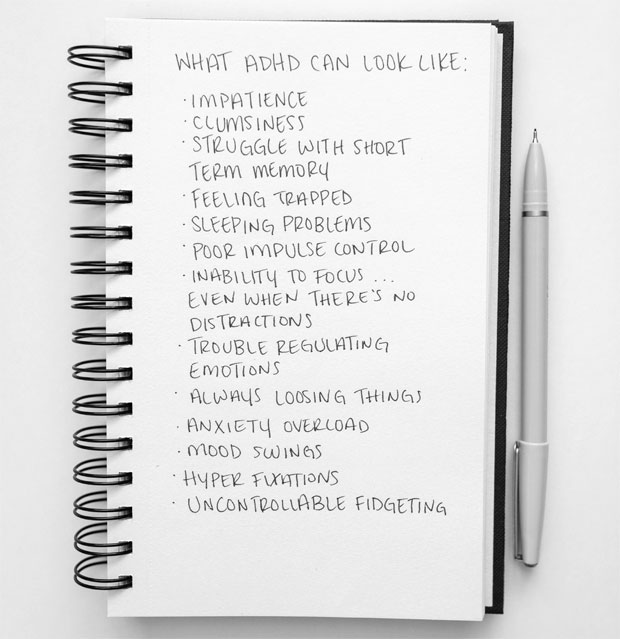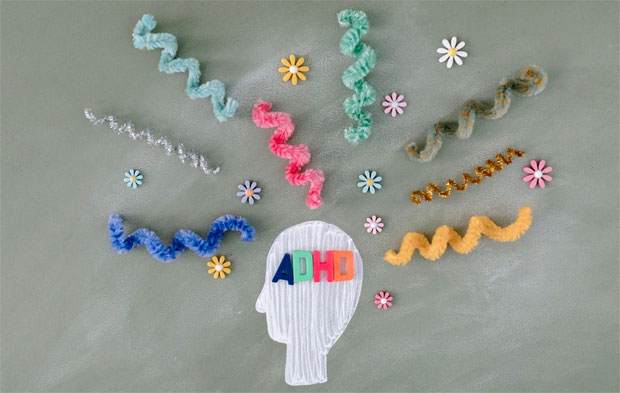Understanding the Impact Undiagnosed ADHD and Anxiety Can Have on a Child

Understanding the Impact Undiagnosed ADHD and Anxiety Can Have on a Child
Attention Deficit Hyperactivity Disorder (ADHD) and anxiety are two prevalent mental health conditions that can significantly impact a child’s life. When left undiagnosed and untreated, these disorders can lead to a host of challenges that affect a child’s academic performance, social interactions, and overall well-being. Understanding the impact of undiagnosed ADHD and anxiety is crucial for parents, educators, and healthcare professionals to provide the necessary support and interventions.
Academic Challenges
One of the primary areas where undiagnosed ADHD and anxiety can have a profound impact is in the academic realm. Children with ADHD often struggle with concentration, organization, and completing tasks. This can lead to poor performance in school, frequent mistakes, and incomplete assignments. These academic difficulties are not a reflection of the child’s intelligence or capabilities but are directly related to their inability to focus and manage their tasks effectively.
Anxiety can exacerbate these academic challenges, especially since three in 10 children with ADHD have anxiety, per the CDC. Children with anxiety may experience intense fear and worry about their performance, leading to avoidance behaviours. They might skip school, avoid participating in class, or refuse to complete assignments due to the fear of failure. The combination of ADHD and anxiety creates a vicious cycle where anxiety about academic performance further hampers the child’s ability to focus and perform well in school.

Social and Emotional Impact
Undiagnosed ADHD and anxiety can also significantly impact a child’s social and emotional development. Children with ADHD often exhibit impulsive behaviours, difficulty waiting their turn, and interrupting others. These behaviours can lead to difficulties in forming and maintaining friendships. Peers may find it challenging to interact with a child who is constantly interrupting or unable to follow social cues, leading to social isolation and feelings of loneliness.
Anxiety can further complicate social interactions. Children with anxiety may be overly self-conscious, constantly worrying about what others think of them. This can result in avoidance of social situations, leading to missed opportunities for developing social skills and forming meaningful relationships. The social isolation caused by both ADHD and anxiety can lead to low self-esteem and a negative self-image.
Behavioural Issues
Behavioural issues are another common consequence of undiagnosed ADHD and anxiety. Children with ADHD may exhibit hyperactive behaviours, such as fidgeting, restlessness, and an inability to stay seated. These behaviours can be misinterpreted as defiance or deliberate misbehaviour, leading to disciplinary actions at school and home. Without understanding the underlying cause, caregivers and educators may resort to punitive measures, which can exacerbate the child’s frustration and sense of helplessness.
Anxiety can also manifest in various behavioural issues. Children with anxiety might exhibit perfectionism, where they set unrealistically high standards for themselves and become distressed when they cannot meet them. This can lead to procrastination, avoidance, and outbursts of anger or frustration. Additionally, anxiety can cause physical symptoms such as stomach aches, headaches, and fatigue, which might be misinterpreted as malingering or avoidance tactics.

Long-Term Consequences
The long-term consequences of undiagnosed ADHD and anxiety can be severe and far-reaching. Without proper intervention, children with these conditions are at a higher risk of developing secondary mental health issues, such as depression, substance abuse, or worsened anxiety in the form of social anxiety disorder, which typically begins around age 13, according to the Anxiety & Depression Association of America. The chronic stress and frustration associated with unmanaged ADHD and anxiety can take a toll on their mental health, leading to feelings of hopelessness and a decreased quality of life.
Academically, children with untreated ADHD and anxiety may struggle to achieve their full potential. The academic gaps created by their difficulties in school can limit their opportunities for higher education and career advancement. Socially, the lack of developed social skills and low self-esteem can hinder their ability to form healthy relationships and succeed in personal and professional settings.
Importance of Early Diagnosis and Intervention
Among private schools, 59% reported having at least one student with a disability. Whether your child attends a private or public school, understanding your resources is critical, as early diagnosis and intervention are crucial in mitigating the impact of ADHD and anxiety on a child’s life. Recognizing the signs and symptoms of these conditions allows for timely support and tailored interventions. Behavioural therapies, such as cognitive-behavioural therapy (CBT) and social skills training, can help children manage their symptoms and develop effective coping strategies. Medication, when appropriate, can also play a role in managing ADHD and anxiety symptoms.
Understanding the impact of undiagnosed ADHD and anxiety is essential for creating a supportive environment for affected children. Early diagnosis and comprehensive support can significantly improve the quality of life for children with ADHD and anxiety, helping them reach their full potential and lead fulfilling lives.
Guest Article.





